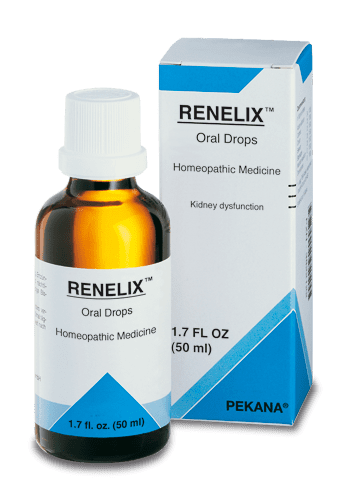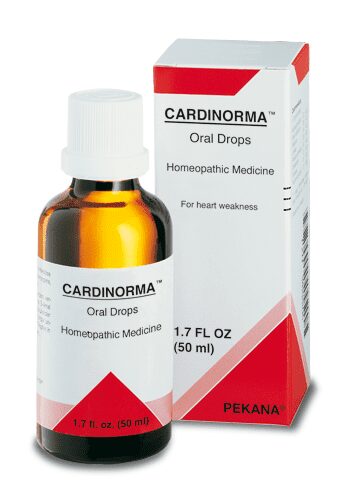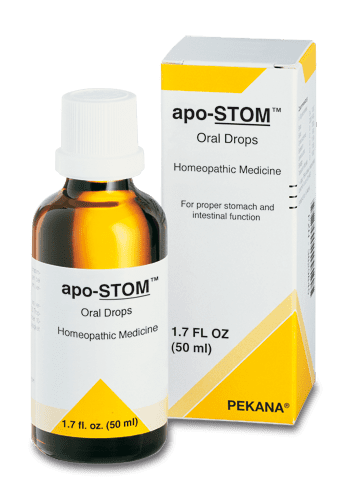Glautarakt 50 ml (1.7 oz) 733
Glautarakt Product Info: Composition:
Spagyric and/or homeopathic preparations of:
| Aurum chloratum | 6X |
| Cynara scolymnus | 8X |
| Euphrasia officinalis | 2X |
| Glonionum | 6X |
| Hedera helix | 8X |
| Nicotina tabacum | 6X |
| Ruta graviolens | 6X |
| Solanum dulcamara | 3X |
Glautarakt Keynotes:
Glaucoma
Early cataracts
Dosage:
¼ to ½ teaspoon taken 2 times per day.
Duration of Use:
This remedy may be used long-term. If the underlying problems causing the glaucoma or cataracts is resolved, the remedy can be discontinued.
Combines Well With:
SyCIrcue
The underlying physiology behind glaucoma and cataracts must be resolved. Any hyperglycemia, liver detoxification abnormality, especially sulfur metabolism defects, free radical oxidation, or hypercoagulability must be handled. Only then
can Glautarakt have miraculous results. If the systemic imbalance is corrected, then local terrain regulation will have the desired effect. The usual remedies to combine with Glautarakt are either those for cleaning up the upper lymphatics (Septonsil, Opsonot, Itires), or those for regulating the gut -apo-Stom, SyDetox). Almost always, Glautarakt is used along with MucorSAN cream.
If you have a vitamin or mineral deficiency, natural and over-the-counter supplements can be taken to restore it, including:
- Zinc
- Calcium
- Magnesium
- Vitamins A, B-complex, C and E
Natural Supplements for cataracts
See OcuForce by Designs for Health on our ehealthpro site.
AREDS. The original AREDS study investigated the effect of use of a daily multivitamin supplement on the development and progression of AMD and cataracts in a population of approximately 3,600 participants, 55 to 80 years old.
Most of the study participants already had early or intermediate AMD at the time of enrollment, and the average follow-up period of the study was 6.5 years. The multivitamin supplement contained beta-carotene (15 mg), vitamin C (250 mg), vitamin E (400 IU), zinc (80 mg) and copper (2 mg).
Results of the original AREDS were published in 2001 and showed that the antioxidant multivitamin used in the study reduced the risk of AMD progression to advanced stages among people at high risk of vision loss from macular degeneration by about 25 percent.
Also, in the same high-risk group that included participants with intermediate AMD, or advanced AMD in one eye but not the other, the daily multivitamin reduced the risk of vision loss caused by advanced AMD by about 19 percent.
For study participants who had either no AMD or only early AMD, the multivitamin provided no apparent vision benefits. Also, the daily eye supplement had no significant effect on the development or progression of cataract among study participants.
- Contact us for a naturopathic consultation.





